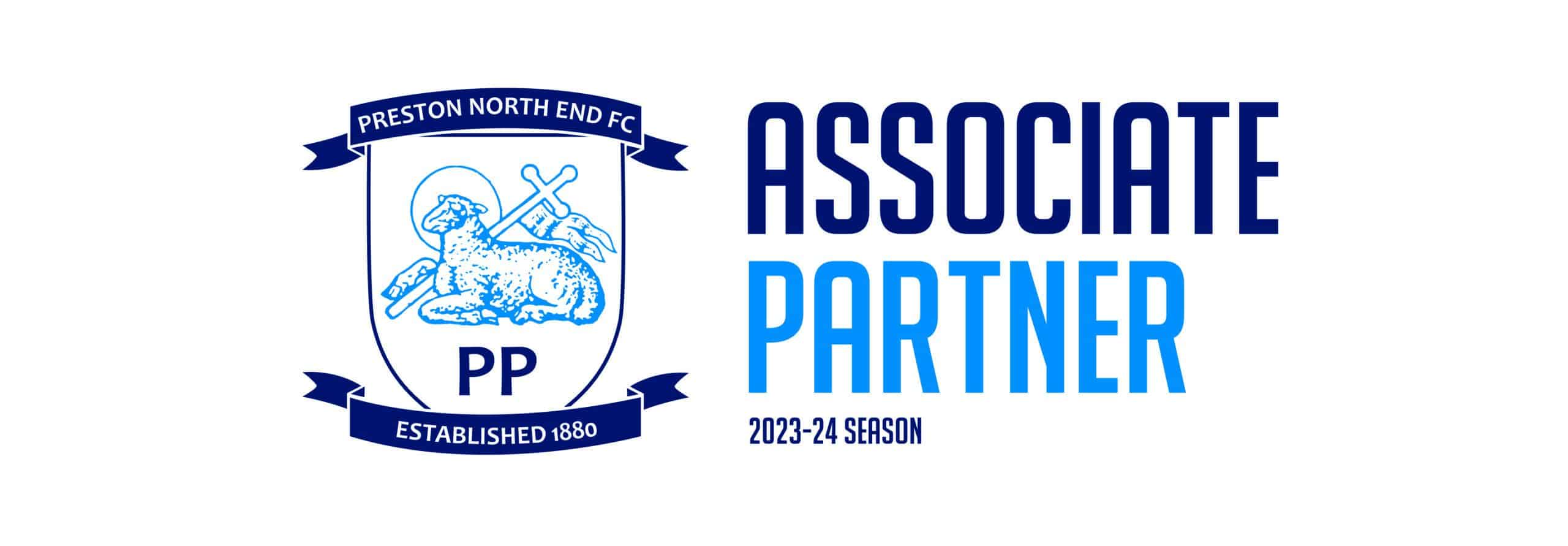Remortgaging for Equity Release
- Expert Mortgage Advice
- Thousand of Mortgage Product
- Speak To Us To See If We Can Help
Get in touch today for a free, no-obligation chat about how we might be able to help you.
Remortgaging for Equity Release
Many people decide to remortgage their homes to release cash from their property, but how does this work in practice and what’s involved?
What is Remortgaging for Equity Release?
Once you have a mortgage and have repaid some of the debt, you can increase the size of your loan to release a cash sum back to you, to spend however you wish.
This usually requires a remortgage, which is where you apply for a new mortgage with a new lender. You will need to meet certain criteria for the new mortgage.
Why remortgage to release equity?
Most people that release equity want to access a cash lump sum. There are many reasons why you might explore this. Many of our clients seek to access their equity to fund home improvements, to consolidate debts, to boost retirement funds, pay a child’s university fees or help a family member with a deposit for a home.
Remortgaging is a way to borrow at lower interest rates than with a loan or credit card.
Think carefully before securing other debts against your home. Your home may be repossessed if you do not keep up repayments on your mortgage
How does remortgaging to release equity work?
The first thing lenders will look at for a remortgage is your Loan to Value (LTV). This is the size of your loan against the value of your property. Your equity is the difference between these two figures.
You will need to work out how much you want to borrow and the size of your LTV once you increase the loan. You can usually get a mortgage up to 90% LTV – but high LTV borrowing means higher interest rates.
You will also need to meet the lender’s affordability checks and other criteria such as credit scoring. Once you find a mortgage lender to accept you, you take out a new mortgage with them for the higher sum. You use this to pay off your previous mortgage and keep the leftover funds.
Can you give an example?
You bought a property for £300,000 a few years ago. The mortgage you owe is now worth £200,000, and with property price rises, your home is now valued at £350,000 and your equity is therefore £150,000.
You could take out a new mortgage for £250,000, releasing £50,000 back as a cash sum. Your monthly repayments will increase to cover this additional borrowing, but you still have £100,000 equity in the home.
What are the pros and cons of equity release?
The main benefit of equity release is that it’s a way to unlock the money that is tied up in your home. The borrowing is generally at a lower interest rate than a personal loan or other forms of borrowing.
The biggest drawback is that you are increasing your overall mortgage debt which means it will take longer – or cost you more – to clear it. Be conscious too that if you increase your borrowing and house prices fall, you could enter negative equity. It is challenging to move or remortgage your home in this situation, where you owe more than your home is worth.
Bear in mind too that remortgaging can also be costly – with valuation fees, arrangement fees and legal fees. Check too whether early repayment charges apply to your existing mortgage. These exit fees are common on fixed rate deals and can be as much as 15% of the outstanding mortgage. It may be worth waiting until your fixed term ends before remortgaging.
How can a Mortgage Broker help?
Generally, mortgages are a very cost-effective way to borrow. But everyone’s situation is different, so it’s important to explore all the alternatives to remortgaging before you decide.
We are here to help. We will explore your situation, what you want to achieve and how best to reach your goals. We’ll do all the calculations to show you what the additional borrowing will mean in practice.
We then explore appropriate mortgage deals and lenders and will recommend the most appropriate products. We’ll support you all the way from making a plan to applying and securing the mortgage.
YOUR PROPERTY MAY BE REPOSSESSED IF YOU DO NOT KEEP UP WITH YOUR MORTGAGE REPAYMENTS.
